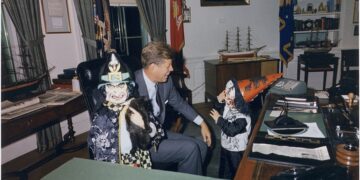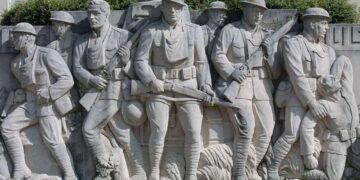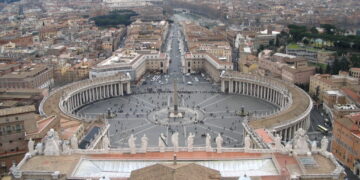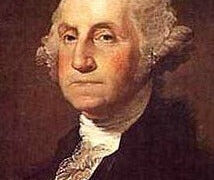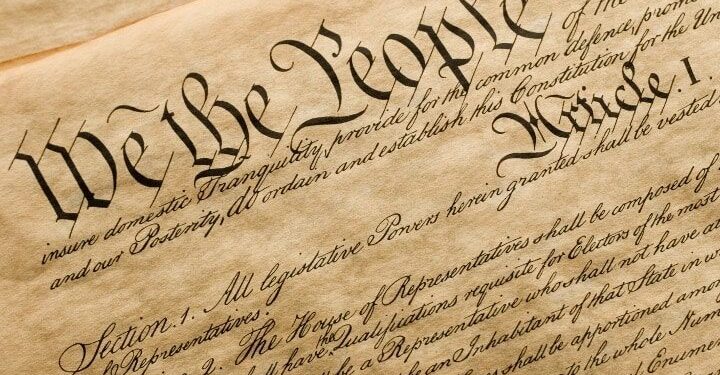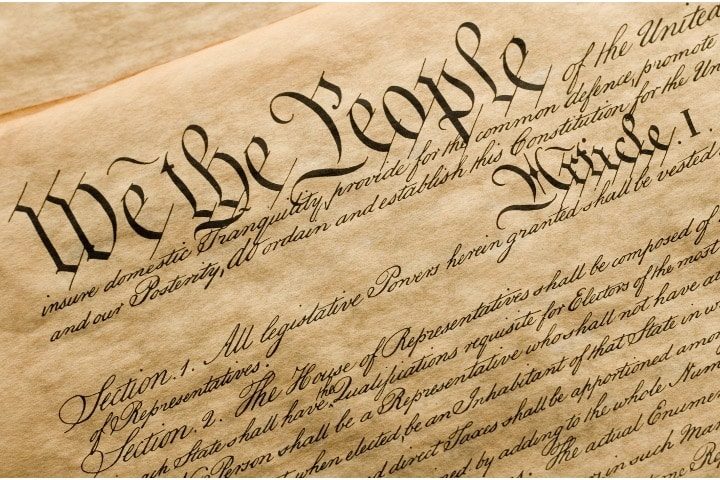
On September 17, 1787, after nearly four months of vigorous debates and sometimes-heated contention among the delegates from 12 of the 13 states (Rhode Island being notably absent), the “Federal Convention” (known more commonly today as the Constitutional Convention) reached its momentous conclusion. On that day, James Madison, often called the “Father of the Constitution,” recorded in his meticulous notes that “on the question to agree to the Constitution enrolled in order to be signed, it was agreed to, all the states answering ay.”
This final vote marked the culmination of one of the most remarkable deliberations in the history of government. One by one, the delegates stepped forward to affix their names to the document they had painstakingly drafted together, creating what would become the foundation of a new union of sovereign republics: the United States of America. In so doing, these men — the representatives of the several states — consented to the Constitution, launching an unprecedented experiment in self-government.
In a letter to Thomas Jefferson written shortly after the Convention, James Madison expressed his awareness of the gravity of the moment. He acknowledged that “There can be no doubt … but that the result [of the Convention] will in some way or other have a powerful effect on our destiny.” Madison, more than most, recognized that the future of liberty and the security of the American experiment rested upon the success or failure of the document drafted that sweltering summer in Philadelphia.
Madison’s prescient words proved true. The Constitution of the United States, adopted in 1787, has withstood the tests of time, war, and political strife, serving as a beacon of liberty and self-governance to people across the world. Yet, this remarkable achievement, as Madison himself well knew, was far from inevitable. Without his relentless preparation, his vision for a strong yet limited central government, and the quiet but commanding presence of General George Washington, the Constitution might never have been completed.
Indeed, while many brilliant and capable men attended the Convention, two figures stand out for their indispensable contributions: James Madison and George Washington.
First among these titans was George Washington. As president of the Convention, Washington’s role was more than merely ceremonial. Throughout the contentious proceedings, he commanded the respect of the delegates, and his steady hand guided the Convention through many potential deadlocks. Washington’s stature as the Revolutionary War hero and the man universally trusted to lead the fledgling republic lent the Convention legitimacy. His influence is perhaps best exemplified by the words of a fellow delegate, who later wrote, “Had Washington opposed the Constitution, it would have fallen.”
In fact, Washington himself, in a letter to the Marquis de Lafayette on February 7, 1788, admitted the unlikely success of the gathering. “It appears to me, then, little short of a miracle,” he wrote, “that the delegates from so many different states (which states you know are also different from each other in their manners, circumstances, and prejudices) should unite in forming a system of national government, so little liable to well founded objections.” Washington knew, better than anyone, how fragile the Convention was and how close it had come to dissolving without reaching an agreement.
Following Washington in importance was James Madison. Tirelessly working behind the scenes, Madison had prepared for months leading up to the Convention. He came armed with a thorough understanding of the historical failures of past republics and federations, determined to design a system that would avoid their pitfalls. Madison’s blueprint, known as the Virginia Plan, set the stage for the deliberations, and although much of it was modified, its influence on the final Constitution is undeniable.
Madison’s preparation, however, extended beyond mere plans and proposals. Throughout the Convention, Madison kept detailed notes of the debates and discussions. His records are invaluable today, offering modern Americans an unparalleled glimpse into the minds and motivations of the men who crafted the document that governs us still. Madison knew that understanding the intent behind the Constitution was as important as understanding its text, and his journals remain the cornerstone of constitutional scholarship.
In a letter to his friend Thomas Jefferson, written on October 24, 1787, Madison echoed Washington’s awe at the Convention’s success. He described the Convention’s task as “more difficult than can be well conceived by those who were not concerned in the execution of it.” Madison added, “Adding to these considerations the natural diversity of human opinions on all new and complicated subjects, it is impossible to consider the degree of concord which ultimately prevailed as less than a miracle.”
Both Washington and Madison here deliberately use the word “miracle.” The achievement of unity among so many fiercely independent states, each with its own interests and prejudices, was nothing short of extraordinary. They had gathered to create a government that would be strong enough to defend liberty from threats foreign and domestic yet limited enough to preserve the sovereignty of the states and the freedoms of the people. This delicate balance could have easily crumbled, but it endured, thanks in large part to the presence and persistence of Washington and Madison.
As we celebrate Constitution Day on September 17, 2024, we would do well to remember the profound wisdom of these two men. They knew, as we must remember, that the Constitution is not merely a legal document — it is the embodiment of the principles of liberty. It was created by men who understood the dangers of tyranny and sought to guard against it while also preserving the unity necessary to secure the blessings of liberty.
The success of the American experiment in self-government is due in no small part to the vision of these Founding Fathers. Their faith in liberty and limited government remains relevant today. On this Constitution Day, may we devote even a few minutes to the study the text of the Constitution. May we learn to cherish the principles of limited government, personal responsibility, separated powers, and state sovereignty upon which it is built.
When and if “We the People” remember and reclaim the power that is inherent in us, then and only then will we be worthy of the legacy of liberty bequeathed to us after ratification of the Constitution drafted during that long, sweltering summer 237 years ago.






